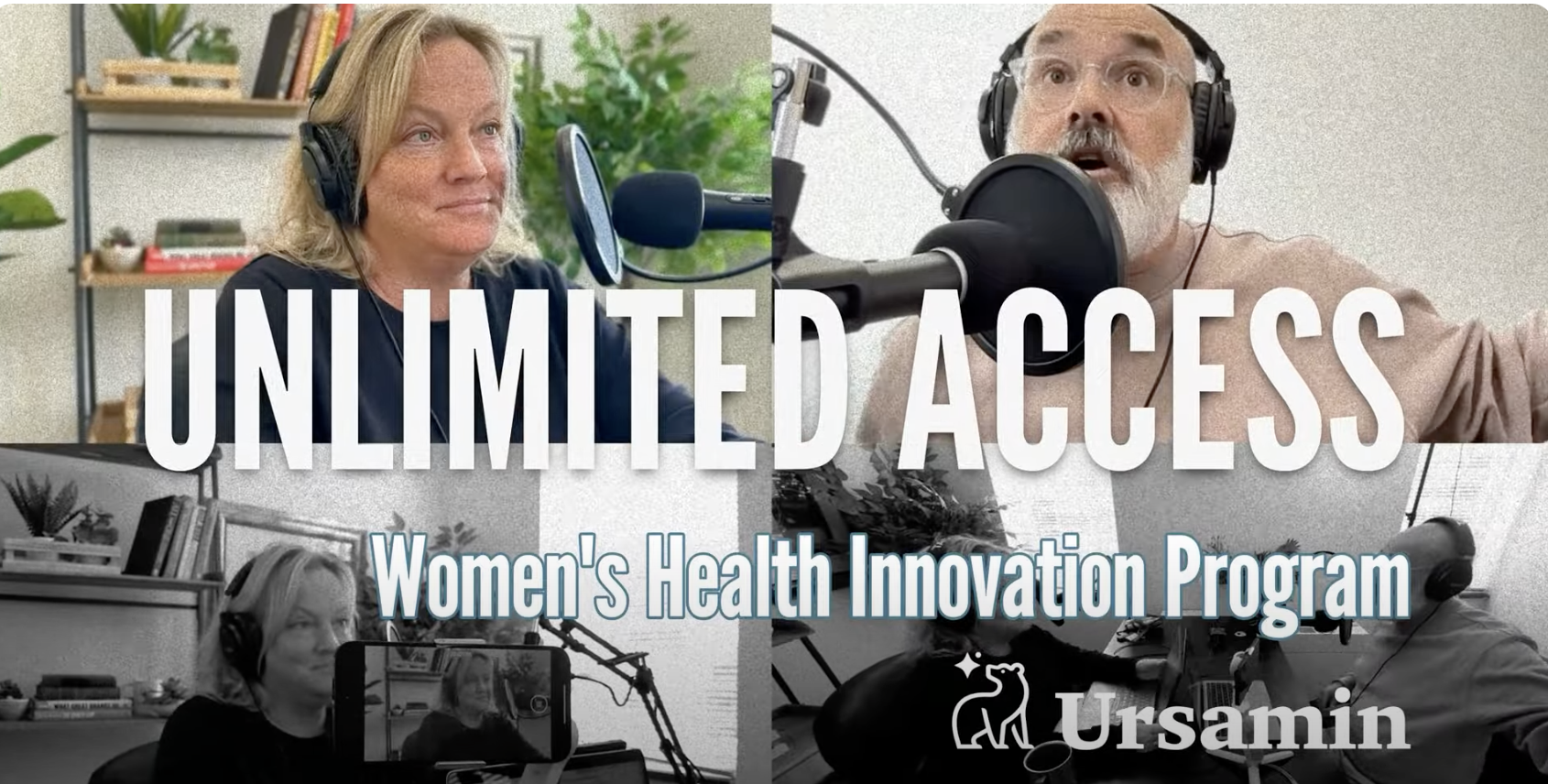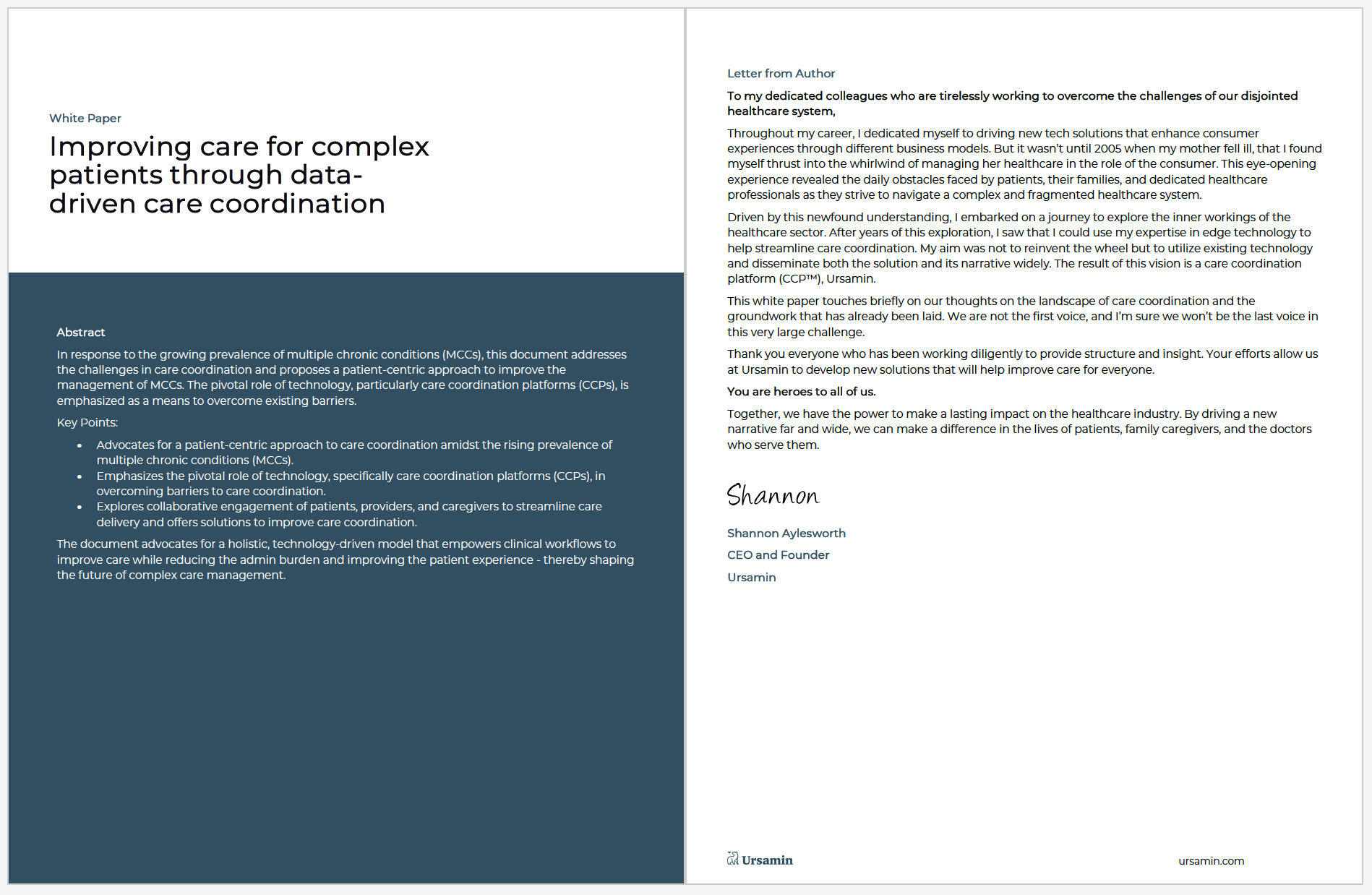In the evolving healthcare landscape, one aspect remains paramount – patient engagement. A recent episode of Unlimited Access titled Patient Nudging offered deep insights into this critical concept, exploring ways to empower patients and help them take ownership of their health. Hosts Levi and Shannon Aylesworth delved into the importance of patient nudging, a strategy to keep patients aligned with their health goals, fostering proactive health management.
The episode emphasized the essence of patient engagement, citing it as a stepping stone in transforming patients from passive to active participants in their healthcare journeys. The discussions illustrated how nudging could be a friendly reminder, propelling patients to stay on track with their health regimes, particularly those managing multiple chronic illnesses.
The hosts explored the different dimensions of patient engagement, highlighting how patients with chronic illnesses, such as diabetes, heart, and kidney diseases, often feel overwhelmed by the avalanche of information and medical advice. They discussed the role of nudging in mitigating this overload, facilitating smoother navigation through health management paths, and ensuring that patients receive timely interventions before their health deteriorates.
The discourse also touched on the subtlety required in inpatient nudging, which should be a supportive poke rather than a nagging reminder. It stressed the importance of respecting patient choices while providing the specific knowledge they need to manage their conditions effectively, such as information about inflammation-causing foods in their diet.
The hosts underscored the importance of individual responsibility in maintaining one’s health. They argued that while common knowledge, like avoiding smoking, is widespread, more nuanced understanding requires interaction and engagement with healthcare providers. This episode of Unlimited Access made it abundantly clear that effective patient nudging could drastically reduce unnecessary hospital visits and improve individuals’ overall quality of life, especially those dealing with chronic illnesses.





